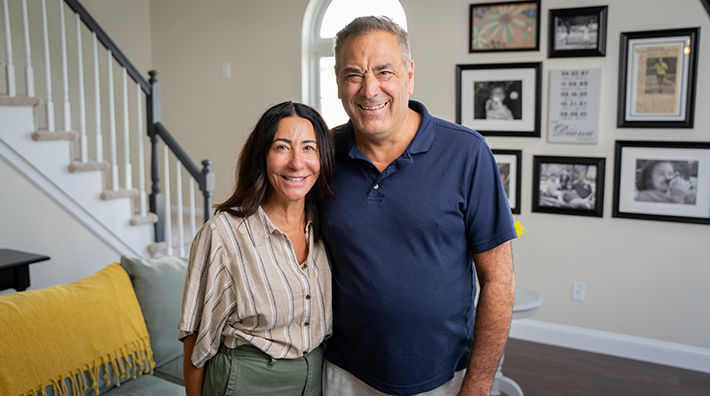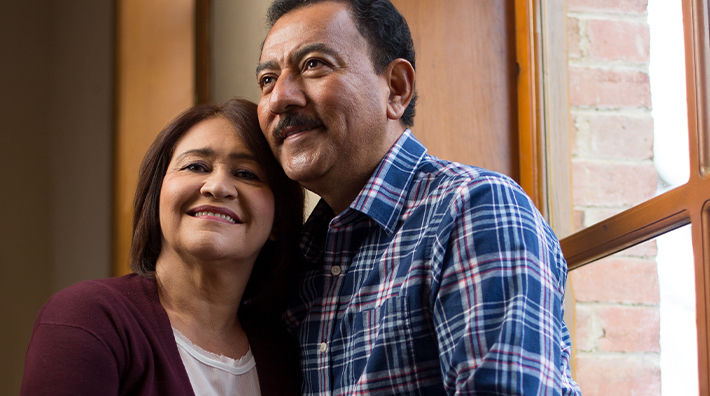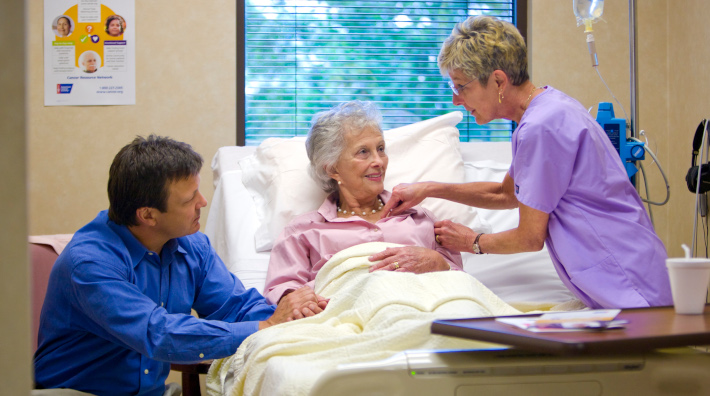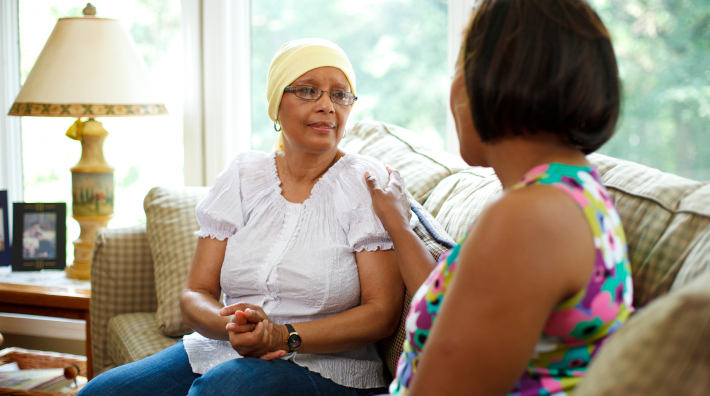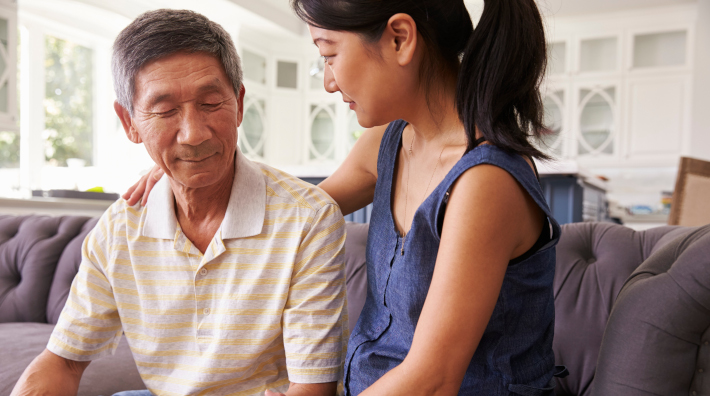Cancer Connections
Cancer News, Stories, and Conversations
Our team of experts brings you cancer-related news, features, and survivor stories.
Filtering by:
CaregivingTips for Caregiver Burnout
Published on: February 10, 2025
Caregiver burnout may include physical, emotional, and mental exhaustion. Learn more about recognizing caregiver burnout and ways to deal with it.
How to Cope When Your Spouse or Partner Has Cancer
Published on: November 5, 2024
Get emotional and practical advice on coping when your spouse or partner has cancer. Learn about ways to manage stress and support the person you love.
How to Keep Your Home Clean When Living With Cancer
Published on: August 13, 2024
Keep your house clean and safe while caring for someone who has cancer. Get cleaning tips for the kitchen, bathroom, and high-traffic areas.
Caregiving Before and After Cancer Surgery
Published on: February 6, 2020
Taking care of someone who’s having cancer surgery may involve helping them get ready before the procedure, being their advocate during recovery, and then helping them get back to daily life again.
FAQ: Caregiving During Chemotherapy
Published on: November 13, 2019
Taking care of someone getting chemotherapy can involve helping to make treatment decisions and many other tasks. Knowing what to expect as a caregiver allows you to be helpful while taking care of your own needs too. Learn the basics.
FAQ: Caregiving During Radiation Treatment
Published on: October 18, 2019
It’s normal to have questions about how to help someone getting radiation treatment. Read the answers to some of the more common ones here. For more help call us at 1-800-227-2345.
